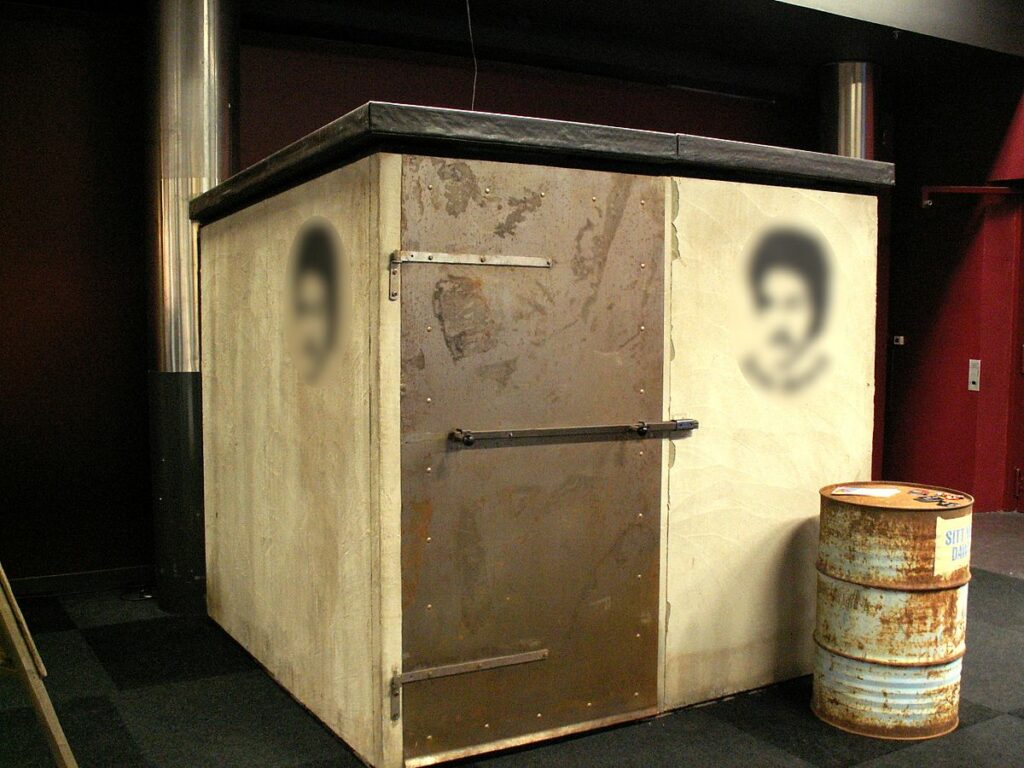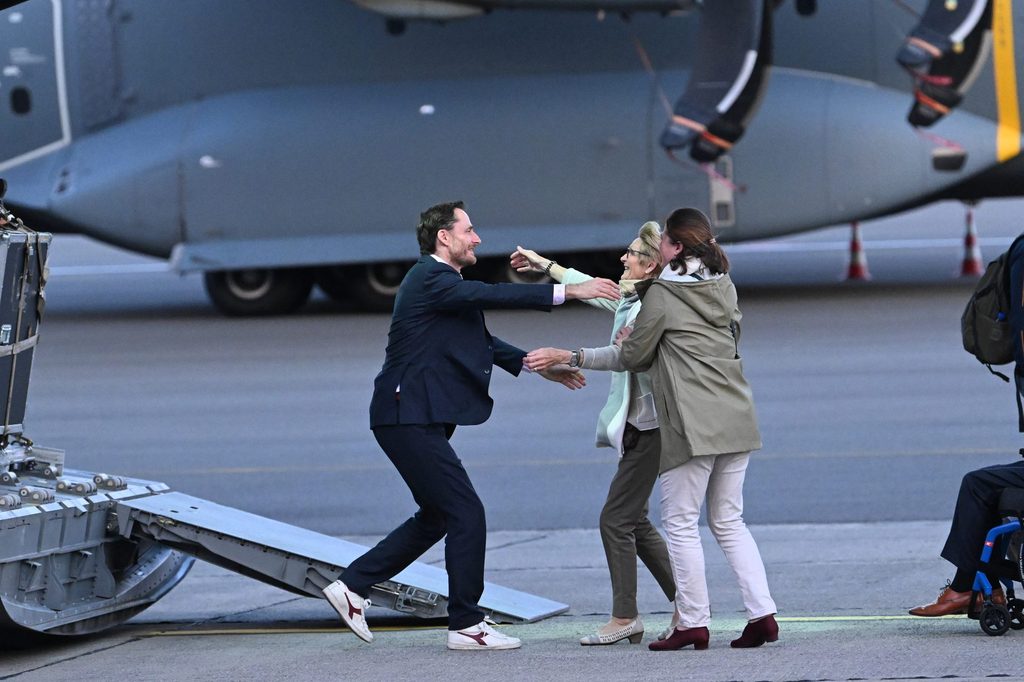The latest hostage deals between EU Member States and Iran about the release of European citizens have drawn attention to the lack of a unified EU strategy to tackle hostage situations, particularly in cases with dual citizenship.
Lars Adaktusson, a former Swedish MEP in the European Parliament, who is engaged for the release of Swedish-Iranian Ahmadreza Djalali, accuses the Swedish government of not being clear on Djalali’s innocence. In a recent interview (DN, 13 July), he recalled a meeting at the Swedish ministry of foreign affairs, where he was shared confidential information which he still cannot disclose.
Asked about the possibility of appointing an envoy or special coordinator for dealing with hostage situations, Peter Stano, EU’s lead spokesperson for foreign affairs, replied last week that it is the main responsibility of the EU Member States because each European citizen taken hostage is also a citizen of a Member State.
“They have the competence and duty to take all the necessary steps to deal with the situations,” he told The Brussels Times. “The EU will always be there to support them but we cannot impose something on them.” There are no discussions going on in the European External Action Service (EEAS) on stepping up its role, he added. This needs to be initiated by the Member States.
The issue of a unified EU strategy against hostage-taking was discussed last Thursday at a conference at the European Parliament sponsored by MEP Monica Hohlmeir (EPP, DE) and organized by Hostage Aid Worldwide in cooperation with Brussels-based NGO EU Watch. Hostage Aid was established in 2020 by a group of former hostages from around the world, families of hostages and experts.
In a keynote speech, MEP Andrey Kovatchev (EPP, BG) recalled that European citizens have been taken hostages in numerous countries. He described hostage taking as a blatant form of terrorism which also has become a successful ‘business model’. The EU has an obligation to protect its citizens, he underlined. It must take a stand against the countries involved and ensure the release of all hostages.
Statistical data and risks of hostage-taking
“It is crucial that European governments work together towards effective deterrence measures,” Hostage Aid writes in a new report on hostage-taking. As a first step, it proposed the establishment of an EU task force and a working group in the European Parliament.
The report includes statistical data from 1984 to 2024 relating to EU citizens taken hostages or unlawfully detained outside of the country of their nationality. Hostage Aid has also launched a Hostage Risk Checker to assess the risk of taken hostage. Anyone can be taken hostage but two main factors leading to a high risk are the country of destination and profession.
During the two last years, there were 72 known releases of EU hostages and unlawfully detained persons around the world. 91% were released either by ransom/swap or negotiated and 9% were killed, with a wide variation by country.
As of June 30, 2024, there are around 51 publicly known EU citizens from 11 EU Member States being held hostage or unlawfully detained around the world. The majority of them are nationals of Germany (16), followed by France (10) and Sweden (4). Their detention length varies. Almost half have been detained for less than three years and 10 % have been held for more than 15 years.
Arrests of EU citizens by Iranian authorities have continued to increase since 2000, according to the report. There are currently 13 known EU citizens held in Iran.
Related News
- VUB guest lecturer Djalali in Iranian cell goes on hunger strike again
- Four arrested in connection with alleged hostage-taking in Bruges
Testimonies by family and former hostages
“My husband Ahmadreza Djalali is a scientist, not a spy,” said his wife Vida Djalali at the conference. The eight years since he was abducted in Iran have been a nightmare for her and their two children. After he was left behind by two EU member states, she says that there are no more excuses and pleaded to the EU for help.
Another Swedish hostage is Dawit Isaak, a journalist and writer who was arrested when he returned to Eritrea and started its first independent newspaper after the country gained independence. He was imprisoned in 2001 without any trial and has not been allowed to meet his family. His daughter Betlehem Isaak, who also attended the conference, has only childhood memories of her father.

Built replica of Dawit Isaak's supposed prison/cell in Eritrea. Exhibited at the Media Days in Gothenburg, March 2015, credit: Wikimedia Commons
She echoed the experiences of Vida Djalali. “The Swedish government thought for many years that silent diplomacy would lead to the release of hostages but it didn’t work,” she said. She fears the EU is also powerless in dealing with Eritrea despite its political and development aid relations with the country.
Board members of Hostage Aid are former hostages and contribute to its work with their tragic experiences. Two of them participated in the panel discussion. Dr Shoshan Haran, an expert in plant protection, was taken hostage by Hamas from kibbutz Be'eri on 7 October.
She spent 50 days in captivity until she was released in the first and only hostage deal until now. Her husband was murdered by Hamas and her son-in-law, Tal Shoham, is still held in Gaza. She kept her hope alive by reflecting on the books she had read about Holocaust survivors.
There are still 120 hostages kept in Gaza but more than a third of them may not be alive. She believes that the only way to rescue her son-in-law and the other hostages is by a deal now.
The other board member and former hostage in the panel was Barry Rosen. He was a press attaché at the American embassy in Teheran when it was occupied by militants in 1978 after the Iranian revolution and all staff were taken hostages and held under brutal conditions until their release. What kept his hope alive was the thought of returning home to his wife and two small children.
He had previously worked as a peace corps volunteer in Iran and studied its language and culture. “This wasn’t the Iran I knew,” he said. He defines hostage taking as human rights issue which requires a unified approach by the home countries of the hostages. The issue raises moral dilemmas as paying ransom money but negotiating with the perpetrators to save human beings cannot be avoided.
M. Apelblat
The Brussels Times

